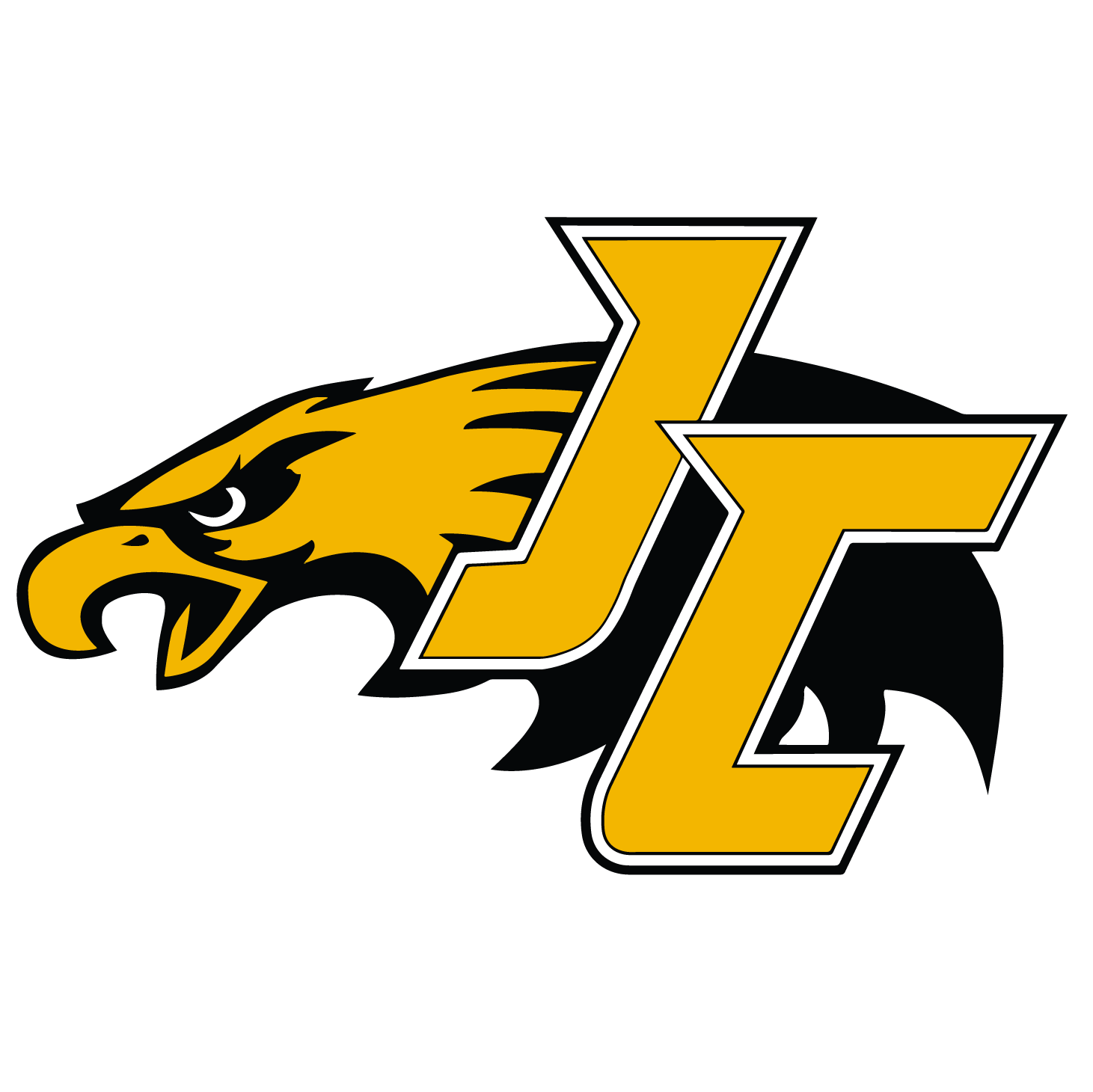Jacob Slone encourages students to pursue robotics careers on behalf of the East Kentucky Advanced Manufacturing Institute.
By Cesareo Contrera March 2, 2022
At 14 years old, Jacob Slone is the youngest student to ever be taught at the Hass East Kentucky Advanced Manufacturing Institute in Paintsville, Ky.
The school was specifically created to boost the local economy by teaching workers in the region the skills they need to land jobs in advanced manufacturing. Quite a few students are former coal miners making mid-career changes. Up until Slone, the school taught students over the age of 18, so it would make sense why he is an outlier.
But Slone is part of the school’s push to attract younger students, according to Kathy Walker, founder and CEO of Hass East Kentucky Advanced Manufacturing Institute (eKAMI).
Starting young
eKAMI has designated Slone as the Johnson County Schools student liaison. He has given presentations for his eighth-grade class and plans to do more outreach in the weeks and months to come.
eKAMI is already discussing the possibility of introducing a summer camp for middle and high school students, Walker said, and Slone is a big part of that.
“He has the responsibility of promoting eKAMI and communicating the wonderful high-tech careers that the 21st century industry has to offer in automation and robotics,” Walker said.
Walker said Slone is a natural fit for the role. His father is an instructor at eKami and a former coal mine worker himself. Slone also knows technology, she said. It’s why she picked him for the spot.
“I’ve been trying to find ways to reach into the high school,” she said. “We focus on the seniors to grow the workforce, but to grow this workforce, we need to start way before then. He was the perfect person to tap because he was tech-savvy.”
Slone said he has “always clicked with technology.”
“In my family, if they have a problem with something they come to me,” he said. “I know all kinds of stuff about technology.”
Slone has only been attending eKAMI part-time for a month, but he’s already been able to get his hands on several machines from the likes of Universal Robots and AutoGuide Mobile Robots.
The fully immersive program allows students to interact with robots and other machinery every day in its 40,000-sq.-ft. facility. Slone gets out of school every day and is there for about two hours. He plans to be there every day this summer.
His goal is to be able to control every single robot at the facility without any assistance.
A hands-on teaching model
Founded in 2017, eKAMI has courses designed to teach its students the skills they need to work what it calls “next-generation manufacturing” jobs.
Historically, manufacturers in the area have found it challenging to find qualified workers, according to the institute.
“But now, the Haas eKentucky Advanced Manufacturing Institute is about to change all that, right here for the thousands of uniquely talented men and women of East Kentucky,” said eKAMI's Web site.
The curriculum is designed to give students the proper skills they need to test for, at minimum, eight National Institute of Metalworking skills credentials, according to its website. Some courses focus on operating CNC machinery. Others focus on understanding design drawings and Geometric Dimensioning and Tolerance information.
“We give them all the tools,” Walker said. “We’ve got the model figured out.”
While many students may be transitioning from other blue-collar careers, many of their skills are transferable in advanced manufacturing, she said.
“They are good at problem-solving, especially those who have come out of the mines,” said Walker.
Another important part of the program is teaching students soft skills such as grooming, business etiquette, greetings, and overall business professionalism, she said.
The school offers a 5-month advanced program and a 10-month young adult program for students between the ages of 18 to 23, she said.
From coal mines to high-tech facilities
Graduates have landed jobs in the automotive and aerospace industries, according to Walker.
“Our very first graduates went on to work for Lockheed Martin and Special Operations. They went from mining coal underground to machining parts for Blackhawk helicopters,” she said.
For many people, there is an initial shock when they walk through the door, observed Walker. They have concerns about whether they will be able to master the technology. But with practice and dedication, most students are successful, she said.
“I have graduates who say, ‘I didn’t know that this was out here and I couldn’t have gotten here in my dreams,’” Walker said.



